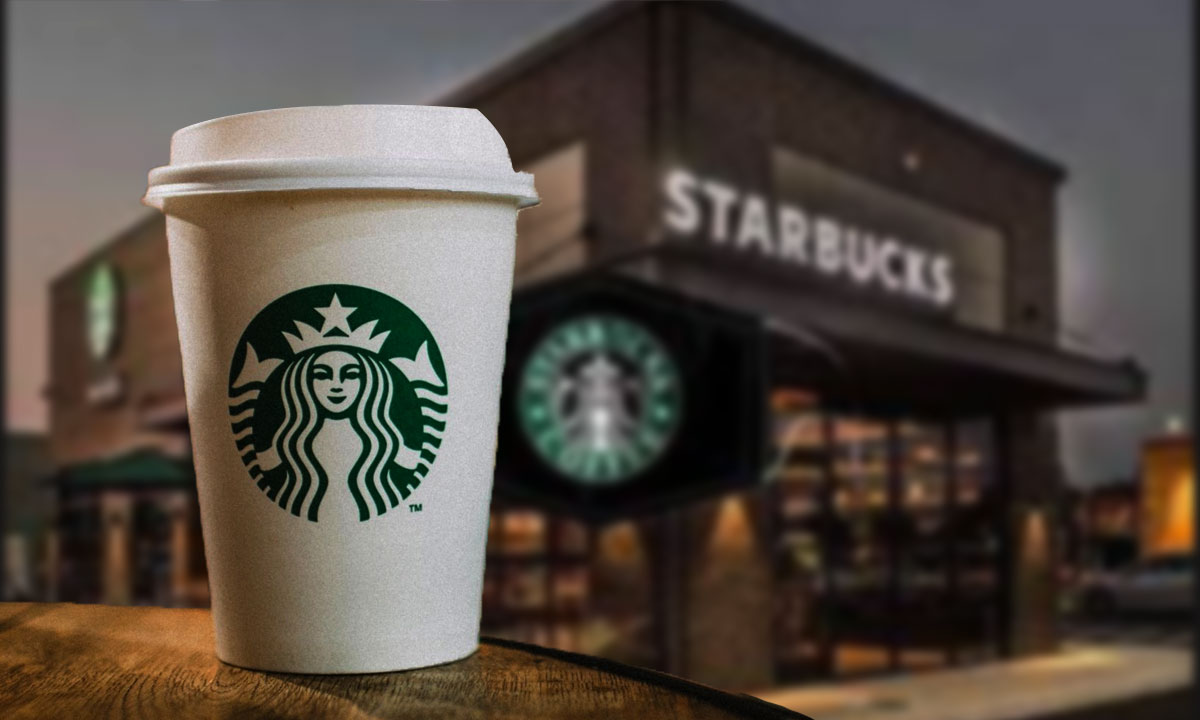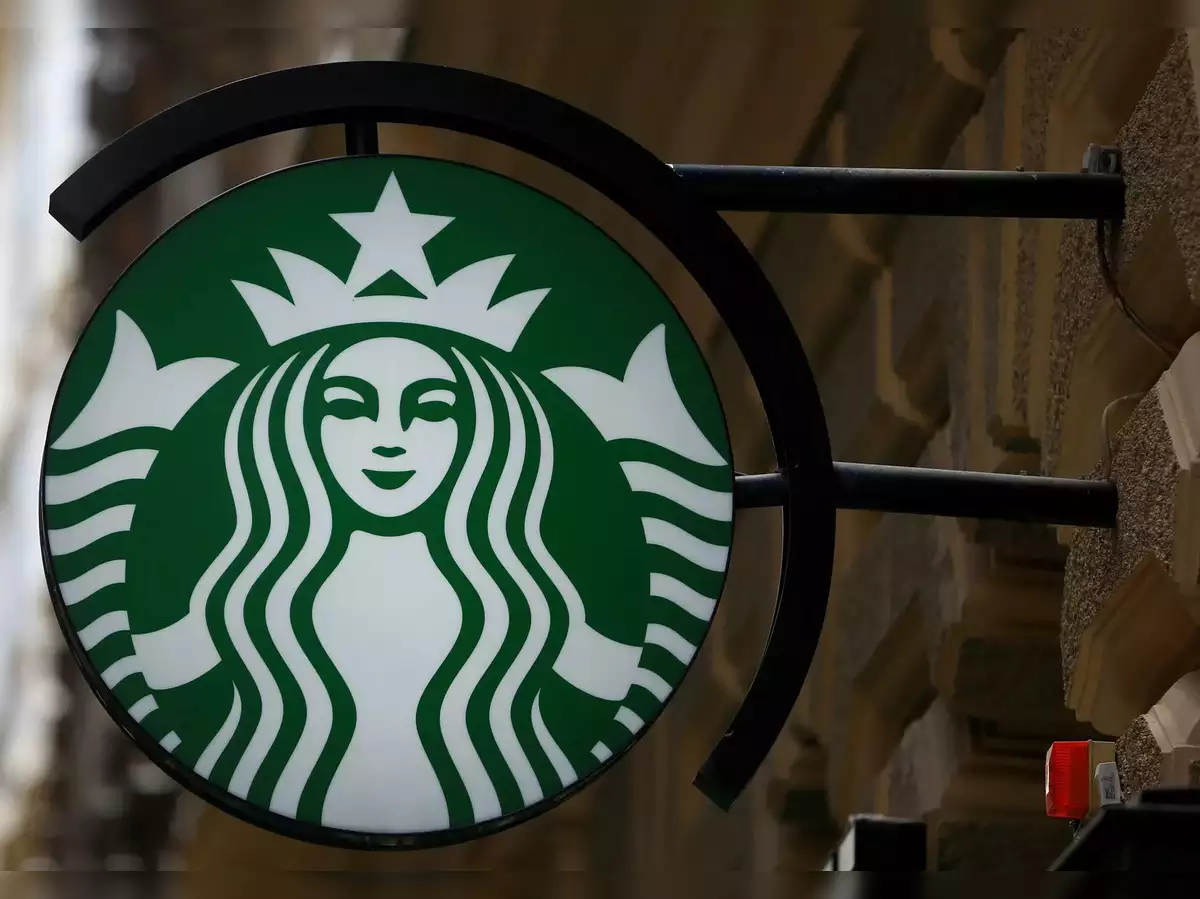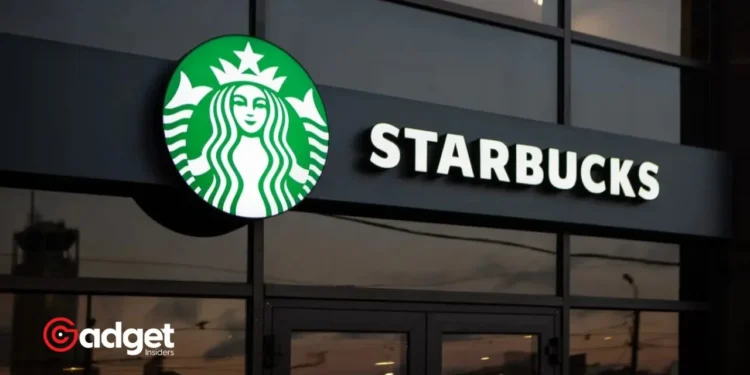Starbucks, under the guidance of CEO Laxman Narasimhan, faces turbulent times as it grapples with unexpected challenges that have tempered its growth. Despite these hurdles, Narasimhan remains optimistic, stating, “We feel very confident about our robust plans to address these challenges.”
This confidence comes even as the company missed Wall Street’s expectations for the fiscal first quarter, signaling a complex period of adjustment and strategy refinement.

The earnings for the period stood at 90 cents per share, falling short of the anticipated 93 cents, with total revenue reaching $9.43 billion, below the expected $9.59 billion.
This dip in performance is partially attributed to lower-than-expected sales both in the U.S. and internationally, yet Starbucks reported a fundamental strength in its quarterly performance.
Strategic Adjustments Amidst Global Tensions
The geopolitical landscape has notably impacted the brand, particularly with the ongoing conflict in the Middle East. Narasimhan highlighted the negative effects of Hamas’ invasion of Israel, leading to widespread protests at the brand’s locations globally.
According to Alshaya Group, the Middle East franchisee, considerable layoffs were implemented inside its operations as a response to the presented issues.
Starbucks has fought to maintain its neutral stance amidst accusations of supporting Israel against Hamas, a claim that has led to boycotts and a notable backlash in parts of the Muslim world. The company has steadfastly denied these allegations, emphasizing its impartiality in the conflict.
Analyst revamps Starbucks stock price target ahead of earnings https://t.co/a50HXd99aC
— TheStreet (@TheStreet) April 16, 2024
Starbucks: Labor Concerns and Market Recovery
Further complicating its operations are the labor disputes in the U.S., with allegations of union busting that Narasimhan has denied. These domestic issues coincide with a slower recovery in China, where consumer caution remains high, affecting Starbucks’s performance in one of its largest markets.
Despite these obstacles, there is a silver lining as Narasimhan reported, “Our most loyal customers remain loyal and increased their frequency and spend in the quarter.”
To counteract the drop in U.S. traffic, Starbucks has implemented targeted offers to entice occasional customers to join their loyalty program, a move that has begun to show positive results as of December.

Forward-Looking Statements
As Starbucks prepares to report its fiscal second-quarter earnings on April 25, expectations are set for the company to earn 81 cents per share on $9.19 billion in sales, compared to the previous year’s earnings of 75 cents a share on $8.71 billion in sales.
This upcoming earnings report will be crucial for the coffee brand as it continues to navigate through the rough waters of global business, balancing between maintaining customer loyalty and managing geopolitical and economic pressures.

Analyst Perspectives
In light of these challenges, analysts have adjusted their outlook on Starbucks. Jefferies recently lowered its price target from $100 to $94, maintaining a hold rating on the shares.
This adjustment reflects the broader sentiment around the uncertainties that lie ahead, not just for Starbucks but across the industry, which continues to experience variable performance as it emerges from a series of global disruptions.
Starbucks stands at a crossroads of market recovery and ongoing global tensions. The company’s ability to maintain its course through these choppy waters will be key to its resilience and continued growth in the competitive coffee market nationwide.
As Starbucks leans further into brand marketing and factual narratives, the world watches to see if these strategies will stabilize its position and guide it back to smoother seas.










